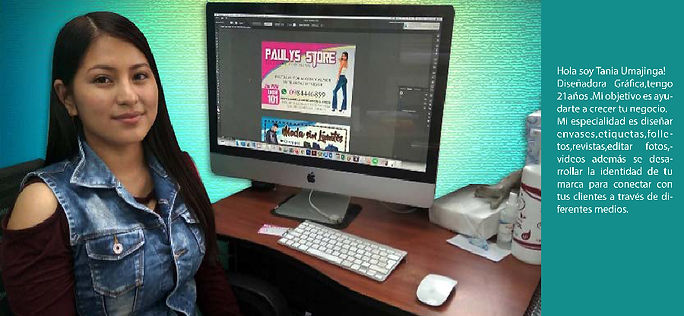

the University Students meet monthly in Malingua Pamba to receive their monthly scholarship checks plus do a community service project - a Minga. Here they are cleaning the sewer under the supervision of Elvia Ante Toaquiza, the president of Malingua Pamba. “
Blanca Sacatoro - Graduation
New bathrooms in Malingua Pamba!







History / Background for the Science Lab/ mini-industrial kitchen – since April 2016
Dear Padrinos y Madrinas!
November 2018
Let us begin as the Kichwa begin. They always take the time to greet as well as extend the warm hope that you, your family, and all of your loved ones are well. They are mindful that every day is a day in which to be thankful. So let me take a moment to say Happy Thanksgiving and hope that this will be a great season for you and those who surround you.
Malingua Pamba's Soccer Teams


Malinguans love soccer, and they send us this pictures from their soccer teams! Some of the members are also students from our Colegio.

LECTURE DAY IN MALINGUA PAMBA
Kids from our Colegio are enjoying lecture day with a few activities. Blanca Sacatoro is the librarian, and also the organizer of this event.


Manuel Vicente Otto Cuchipe
Manuel Vicente Otto Cuchipe
As of 2016, he enrolled in the Instituto Tecnologico Superior with a major in Tecnología en Informática Mención Análisis en Sistemas. He is in the final stages of an 800-hour internship!
OUR STUDENTS
Tania Mariana Umajinga Quila

TANIA MARIANA
She is one of the student in our Colegio in Malingua Pamba. Tania is 19 years old and wants to continue studying to become a Graphic Designer. Help us today by making a donation for Tania.


Kerly Toaquiza
She is attending UTC with a major in Accounting and Auditing.
We Have a New Veterinarian!
Wiliam Sacatoro is our new veterinarian. He was a student in our Colegio, and now he is ready to put in practice his knowledge. William has brilliant ideas, and he is doing some animal farming as a business in Malingua Pamba. He also had the opportunity to work with a few of the animals from people from the neighboring communities. William is teaching how to maintain a good flow with animals that people use to sell; he explaining that old animal doesn't sell as quickly as the younger. However, this enthusiastic young man is one of the examples of how important is education. Thanks to all the people who are supporting this organization, and the opportunities that you are creating in others people life.












The latest pictures sent by William Sacatoro, he is collecting blood samples from seventy-five dogs in the communities near Malingua Pamba as a part of his thesis for the University.



Samilpamba Potable Water Project Description
The Denver Professional Chapter of Engineers Without Borders is designing and constructing a potable water project in Samilpamba, Ecuador. Samilpamba is located in the Cotopaxi region of Ecuador, 80 kilometers south to south-west of Quito, the country’s capital. Specifically, Samilpamba is positioned at -0.8019056°S, -78.83341°W. It is a rural undeveloped community of approximately 130 people and 25 houses. Samilpamba owns the water rights to four spring
water sources approximately 1-2 kilometers south of the village. An existing 25-year-old water distribution system is currently in use, but it does not work properly. Only 6 of the 25 houses are consistently served with running water. The villagers in the remaining houses must walk to carry water from surface water drainages or “quebradas.” The goal of this potable water project is to provide spring water through a series of tanks and piping to all 25 houses, plus 4 taps for the village center, for a total of 29 water taps.
The Denver Professional Chapter of Engineers Without Borders needs to raise $40,000 over the course of three years to complete the Samilpamba potable water project. The villagers of Samilpamba have already contributed $500 cash to the project, which is their 5% matching cash donation for the estimated $10,000 cost of the first phase. The villagers will also contribute thousands of hours of labor, as the project will be completed almost exclusively with volunteer labor and a minimum of contracted labor.





-2_j.jpg)
































